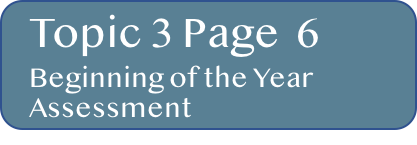Sentry Page Protection
Unit 5 Student Login 
Unit 5 Student Login
Welcome, (First Name)!
Enter Member Area
(Unit 5) Topic 3: Back-to-School Transition Tools for the Early Childhood Teacher
2 Clock Hours of Early Childhood Education






















